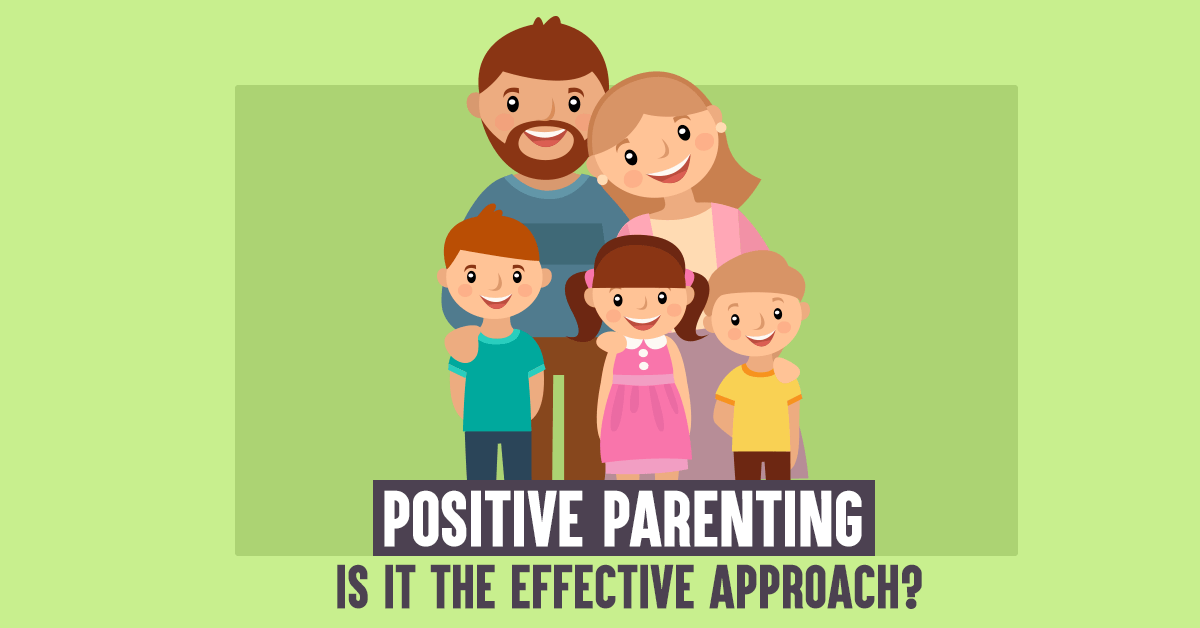You might not want to use the old school saying such as “Wait until your father gets home” or “I wish you were more like your sister” with your kids. But there are loads that are not as obvious and those you must avoid for their own good and yours too.
1. “Good Job!”

Researches have proven that spilling out a strong phrase like “Good girl” or “That’s how it’s done” every time your kid proves that he’s done an amazing job in a skill makes him dependent on your confirmation instead of her own motivation, states Parents advisor Jenn Berman, Psy.D. Save the motivational words for when they are truly shaken, and you should be very specific about it. In the place of “Great game”, you could choose to say “That was a great move. I like how you searched for your teammate.”
2. “Practice Does Actually Makes Perfect.”

It is absolutely true that if your child spends more time devoting to a skill, the stronger and sharper his skills will be getting. Thus, this thing can heighten up the pressure he feels to have to win or to excel at whatever that skill might be. It actually sends out the message that if you make any mistake, you didn’t prepare nor work hard enough for it, states Joel Fish, Ph.D. “I’ve seen children stress themselves up while wondering “What is exactly wrong with me? I keep on practicing, and I am still not as my parents expect me to be which the best.’ Yet instead, consider encouraging your kid to work really hard cause he’ll be improving himself as well as feel proud of the progress he has done.
Read : Kids Learning From An Early Age
3. “You’re Really Okay.”

When your child falls and hurts his knee and dives into tears, your instinct would be to assure him that he’s not hurt that much. Yet, telling him that he’s fine might only make him feel worse. “If your child is crying then it is because he is not okay” states Dr. Berman. So your job at that moment is to aid him comprehend and eventually deal with his emotions, not diminish them. Consider giving him a warm hug and simply acknowledge what he’s feeling by saying things such as “That was a really scary fall.” Then ask him if he would like a bandage or a kiss or even both.
4. “We Can’t Afford Buying That.”

It’s so easy to say this automatic response when your kid is begging you for the toy he wants. Yet when you do that, it sends him the message that you are not controlling your spending habits and finances, and that could be frightening for children, states Jayne Pearl. If your kid is in grade school, this might approves that claim if you go ahead and buy an expensive household item. Opt for a replacing way to apply a similar idea such as We’re not going to buy the toy you want cause we are trying to save our finances for important things, and if your child really wants to discuss it and suggest to you ideas for solutions that he might get, then you’d have a perfect spot to start a conversation about how to make smart budgets and control money.
Read More :
Your Ultimate Guide For Your Kids Finance Knowledge
How to Treat Toddlers With Disabilities
WOMEN STICK TOGETHER, SHARING IS CARING!








